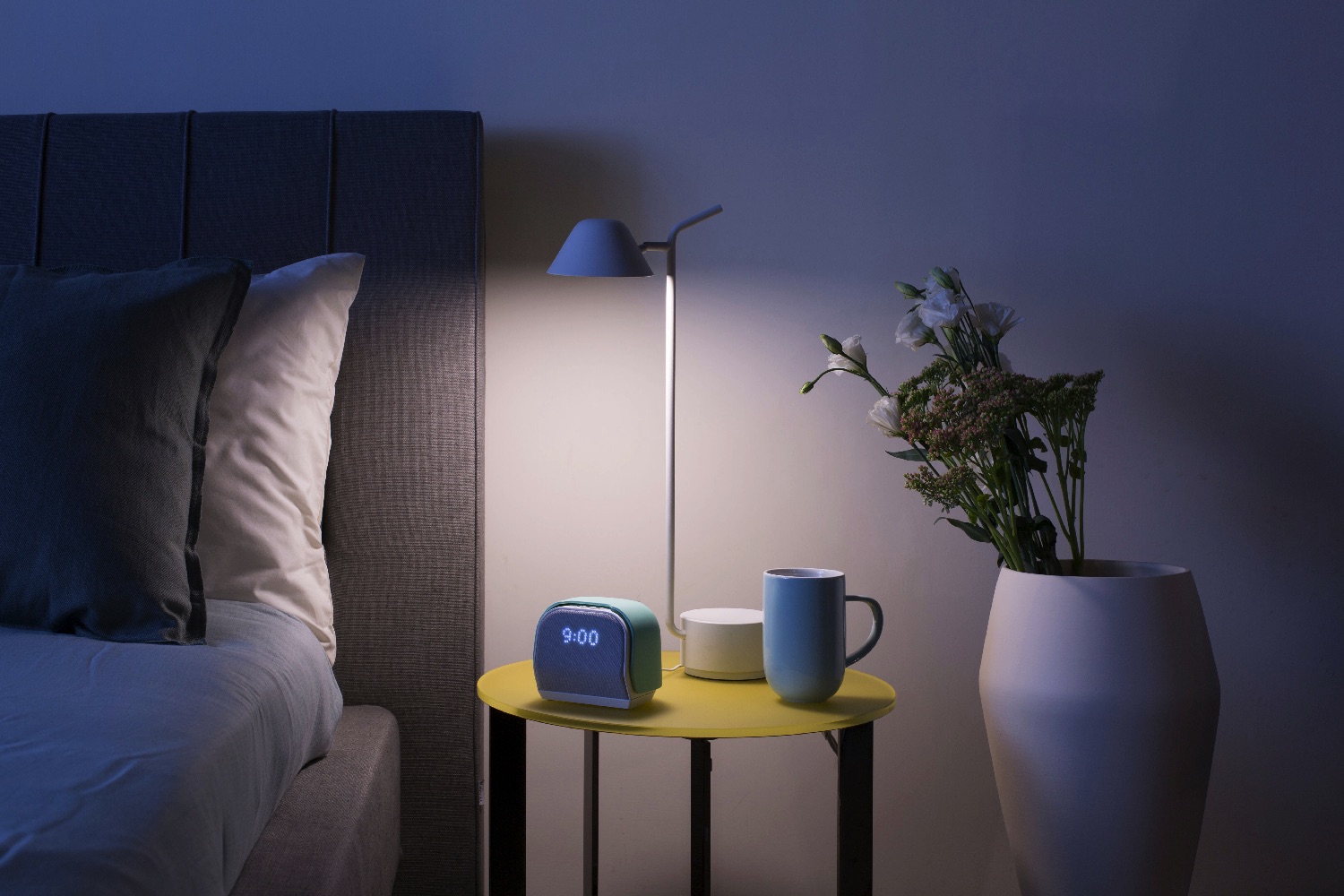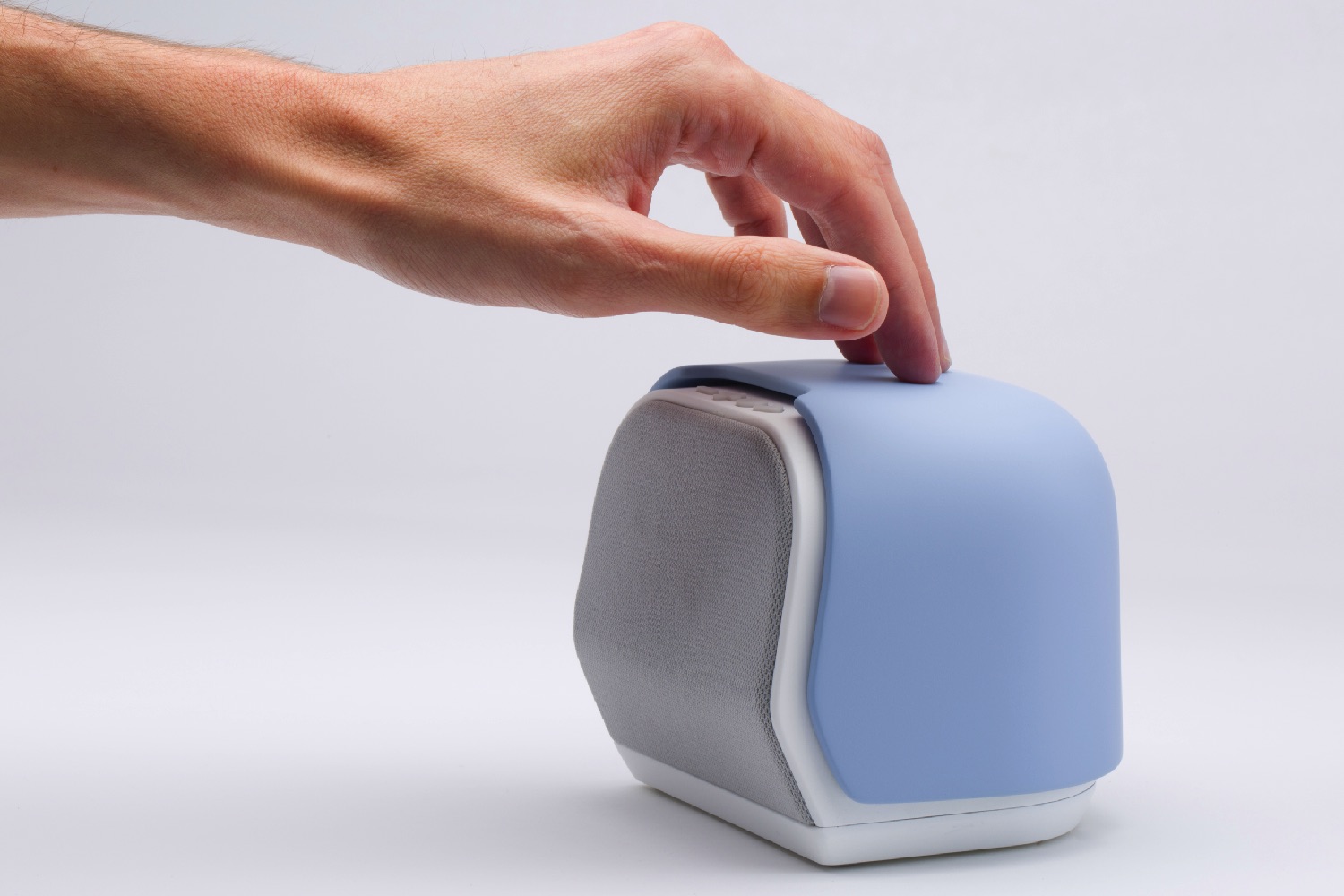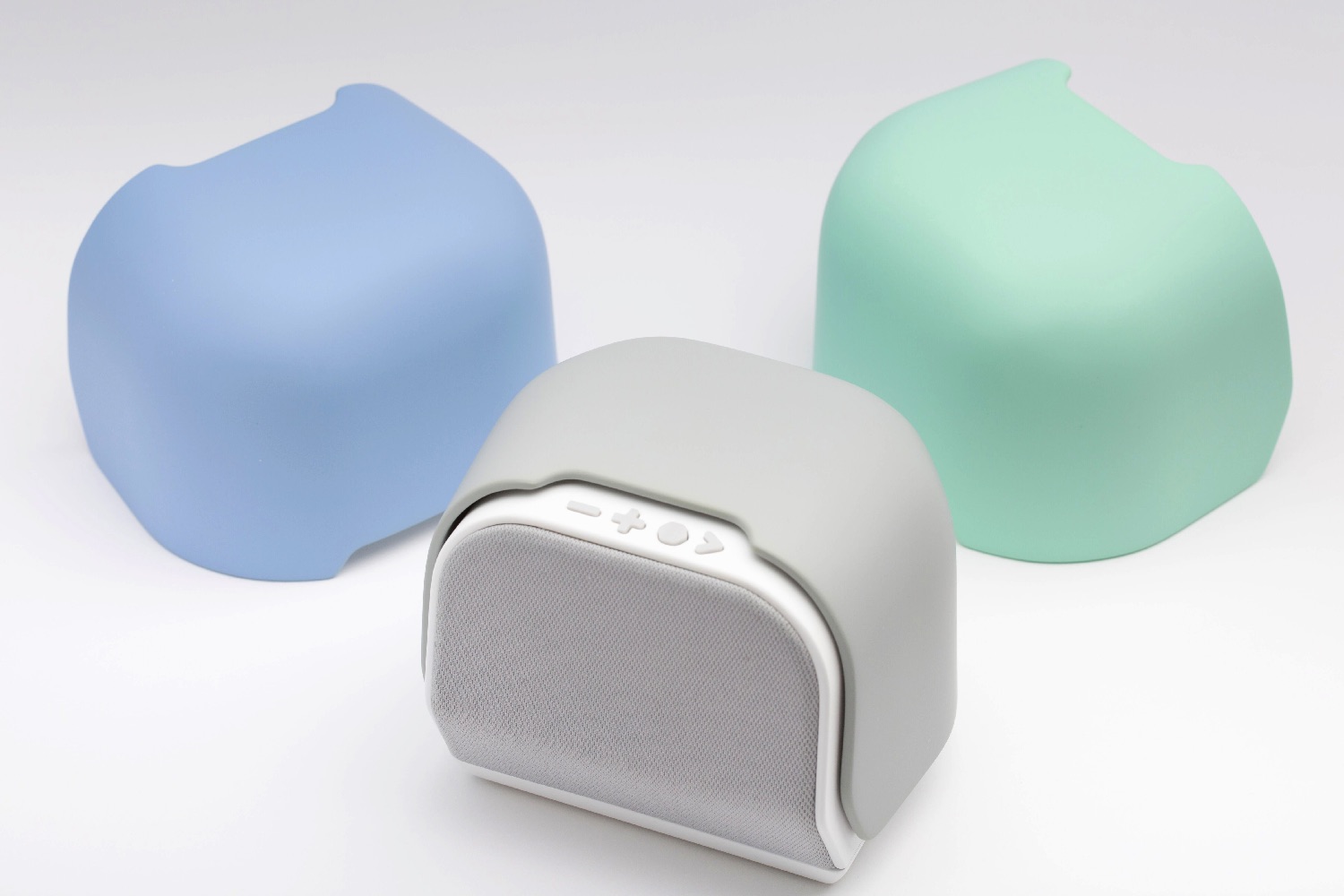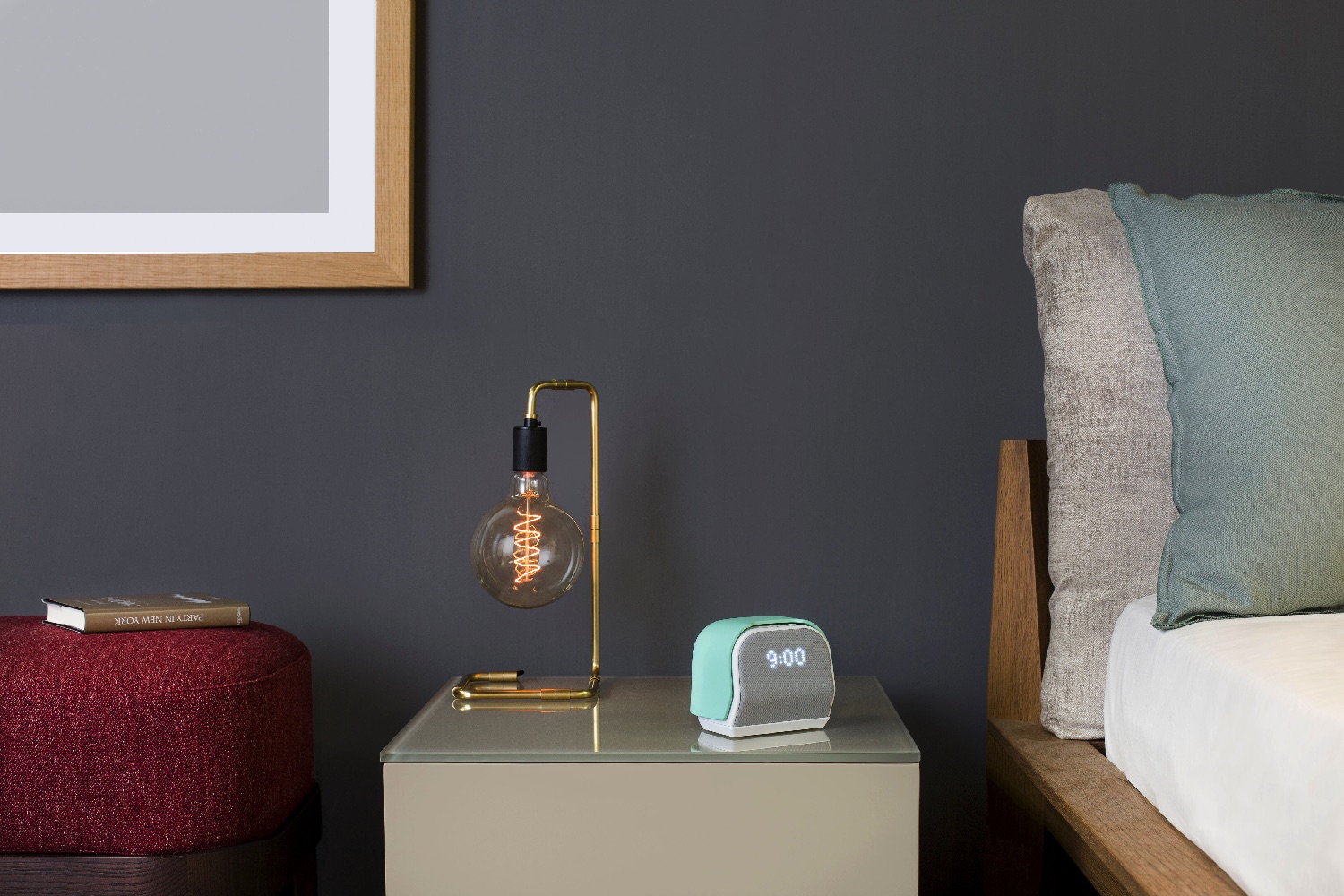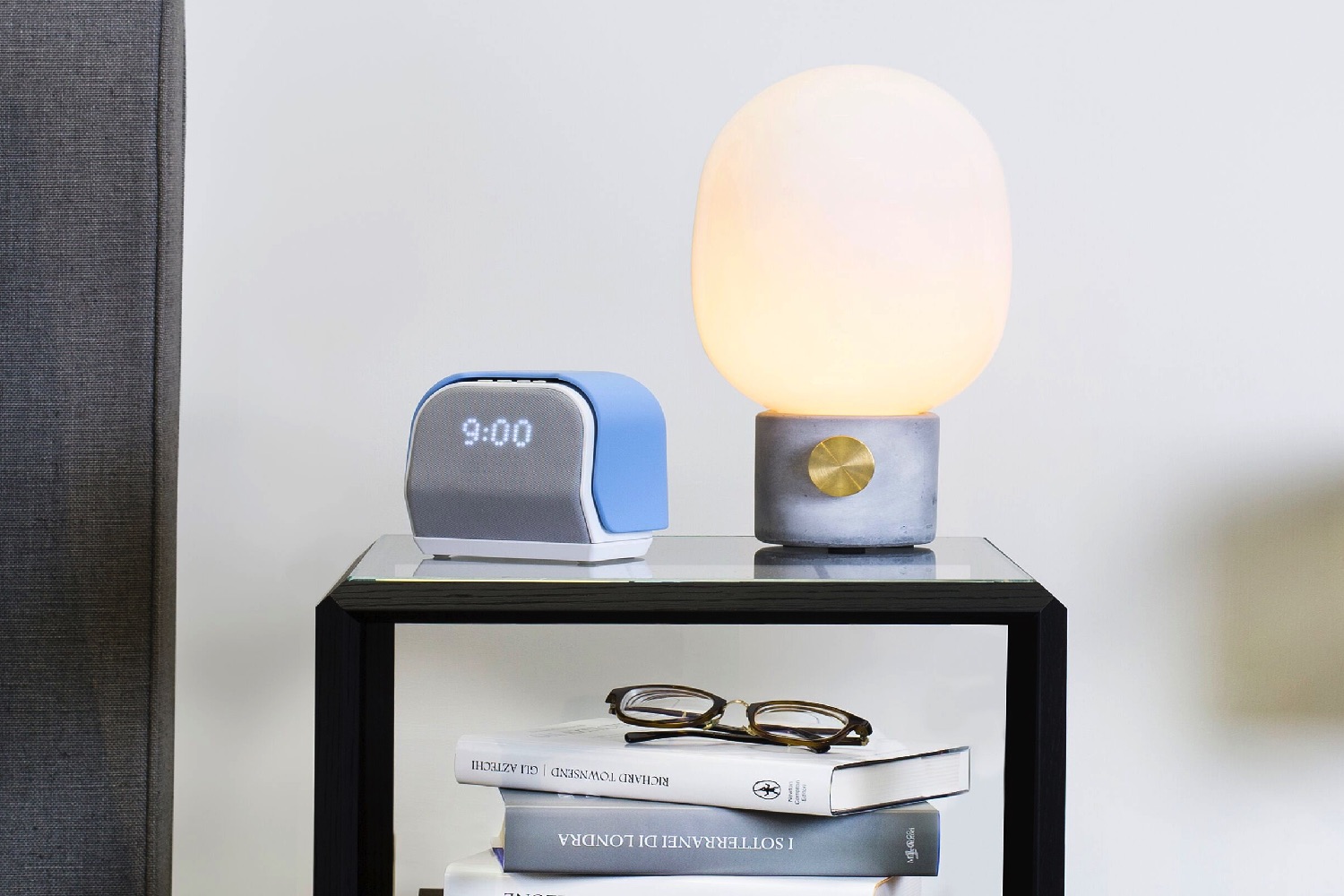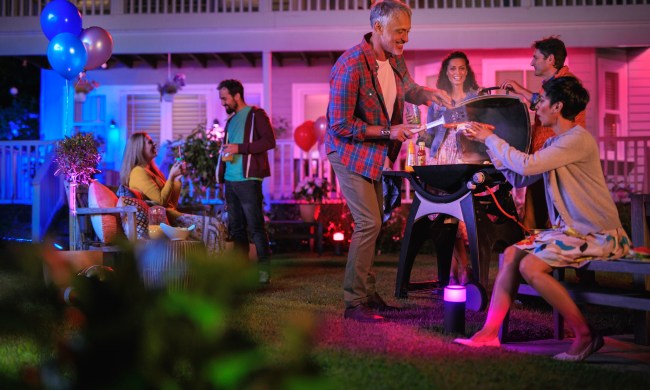“Like a lot of people, I thought it was about being stressed because the work week was starting the following morning,” the entrepreneur told Digital Trends. “Eventually, I realized it was because I was oversleeping on Saturday and Sunday morning. Ever since I stopped doing that, I’ve never again struggled to sleep Sunday nights.”
Insights like this led Markarian to create the Kello smart alarm clock, a new Kickstarter project aiming to be less of a passive timepiece and more of an active “sleep teacher.”
“Ultimately, I realized that good sleep is all about a good lifestyle,” he continued. “That’s what Kello is all about: changing and optimizing your lifestyle to make you sleep better.”
Kello encourages users to have a regular bedtime and wake-up time, but can also push them to get up earlier for maximum productivity. It makes use of subtle nudges like letting users only make limited use of “snooze” features, or urging them to stop looking at their smartphone at night. To help bring on sleep faster, it also uses a pulsing light effect that’s designed to get users to slow their breathing to mimic a natural sleeping rhythm.
On top of this, it’s got app integration for both iOS and Android, the ability to connect with streaming music services like Spotify, a tool for helping users get over jet lag, IFTTT functionality for syncing up with smart coffeemakers, and much more.
Markarian said he took user wish lists into consideration wherever possible. Right at the start of the project — before nailing down the final spec — he contacted 10,000 fans who had shown an interest and asked them what they wanted from a smart alarm clock.
The results were revealing.
“For example, I really wanted to have voice control,” he said. “I thought it would be really cool to be able to say, ‘Hey Kello, wake me up at 7 a.m. with my acoustic morning Spotify playlist.’ But this is a feature that didn’t resonate at all with our users. So we got rid of it. Given how many companies are doing voice recognition, that seemed strange — but it seems people don’t want this for a nighttime device.”
What he hopes to have ended up with is not just a smart alarm clock, but the smart alarm clock.
If you’re interested in getting involved, you can do so for a pledge of $89 or more, with shipping expected in March next year. Or, roughly speaking, 175 nights away.
